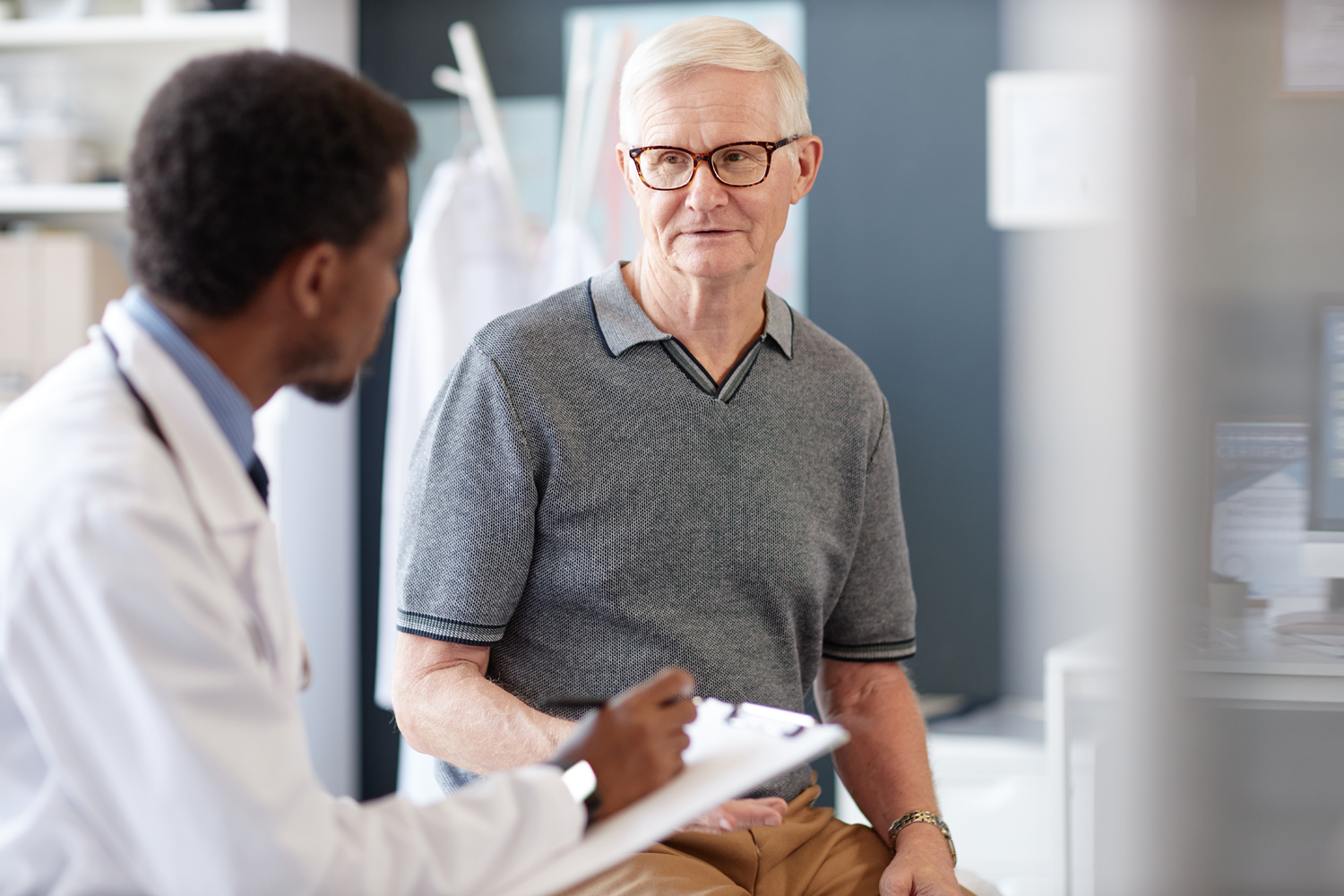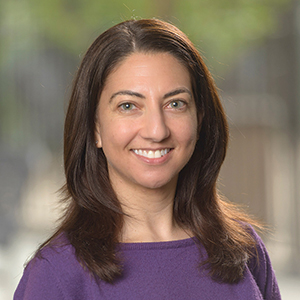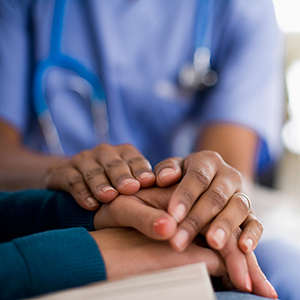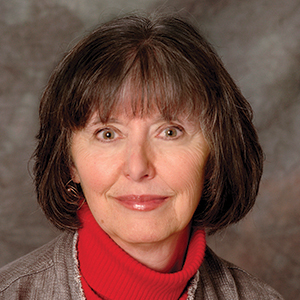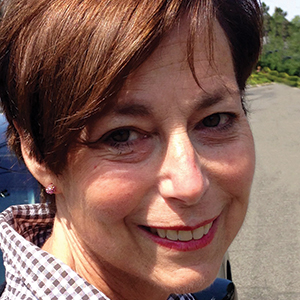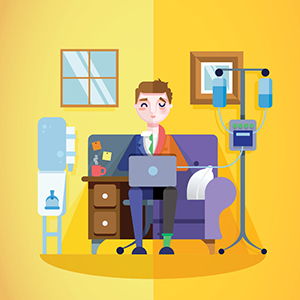-
Sound Advice
Fall 2015vol 05 | issue 03
Coping with weight gain while being treated, telling family and friends how you feel, and supporting parents who are used to taking care of themselves. -
Forward Look
An Rx for ExercisePatients benefit when oncologists encourage physical activity.
by Brenda Conaway
-
Forward Look
Childhood Cancer Survivors at Risk for Hormone DeficienciesNew study highlights importance of survivorship care.
by Sharon Reynolds
-
Forward Look
Tuning In to the Concerns of CaregiversAfter a death, caregivers may need their own support.
by Marilyn Fenichel
-
Your Cancer Guide
Use the Internet WiselyLearn how to evaluate information on websites.
by Hester Hill Schnipper
-
Caregiving With Confidence
On the Path to AdulthoodHelp your child or teenager with cancer grow and thrive.
by Ide Mills
-
First Person
To Test or Not to TestTwenty-two years after the first of two breast cancer diagnoses, a survivor decides to undergo genetic testing.
by Cynthia Ryan
-
The Work-Cancer Balance
Some patients want to work through illness and others need to, but juggling work responsibilities and treatment regimens can be a challenge.
by Leigh Labrie
-
Healthy Habits
Pile on the VeggiesA study evaluates whether a change in diet could slow prostate cancer growth.
by Melinda Mahaffey Icden
-
Q&A
Conversation StarterCancer survivor Emily McDowell creates greeting cards that give people the words to talk about a difficult disease.
by Stephen Ornes
Cancer Talk
Redefining Cancer Survivorship
As people with advanced disease live longer, they face physical and mental health side effects. Patient advocates say research and care must focus on their unique needs.
by Thomas Celona
Family of Henrietta Lacks Works for ‘Health Intelligence’Alfred Lacks Carter Jr. and other family members honor the legacy of Henrietta Lacks by helping others better understand their health care.
by Kevin McLaughlin
Researchers Tackle Immune-related Adverse EffectsScientists present data on the risks of immune checkpoint inhibitors so more patients can tap into the treatment.
by Marci A. Landsmann
Tissue and Liquid Biopsy for Targeted TherapyTailored treatments led to better outcomes than standard of care when biomarker results from liquid biopsy and tumor tissue aligned.
by Eric Fitzsimmons

